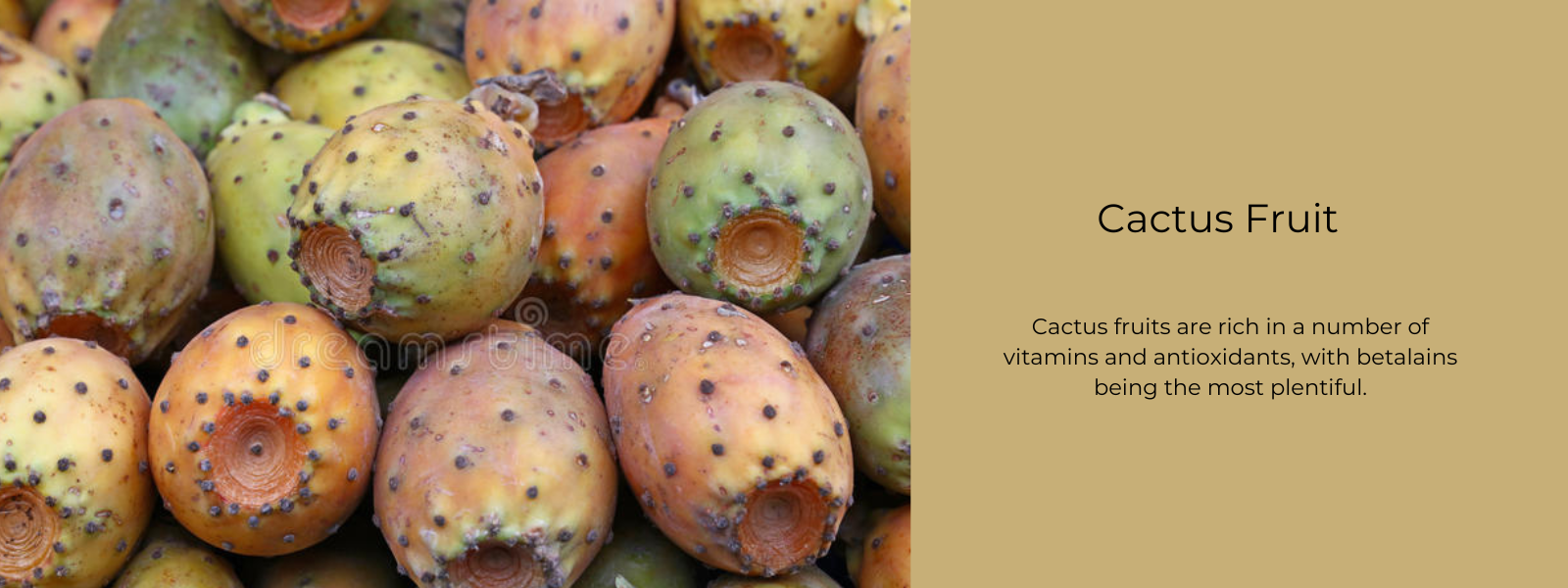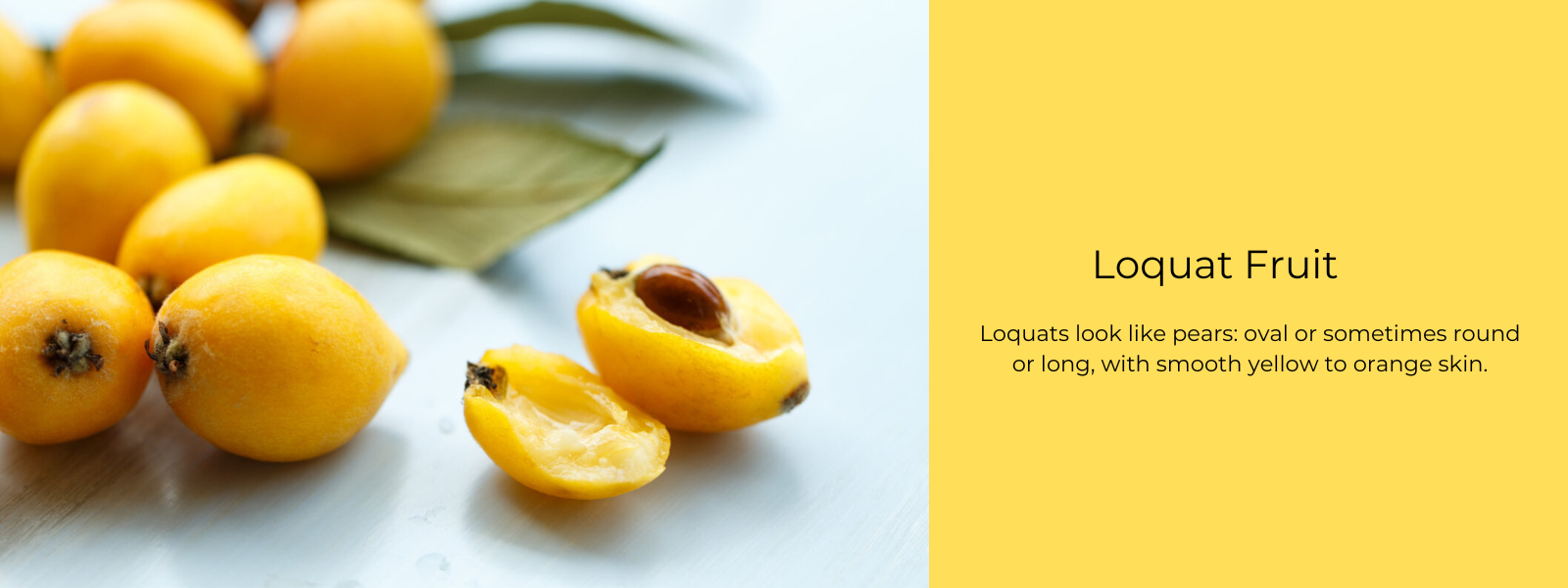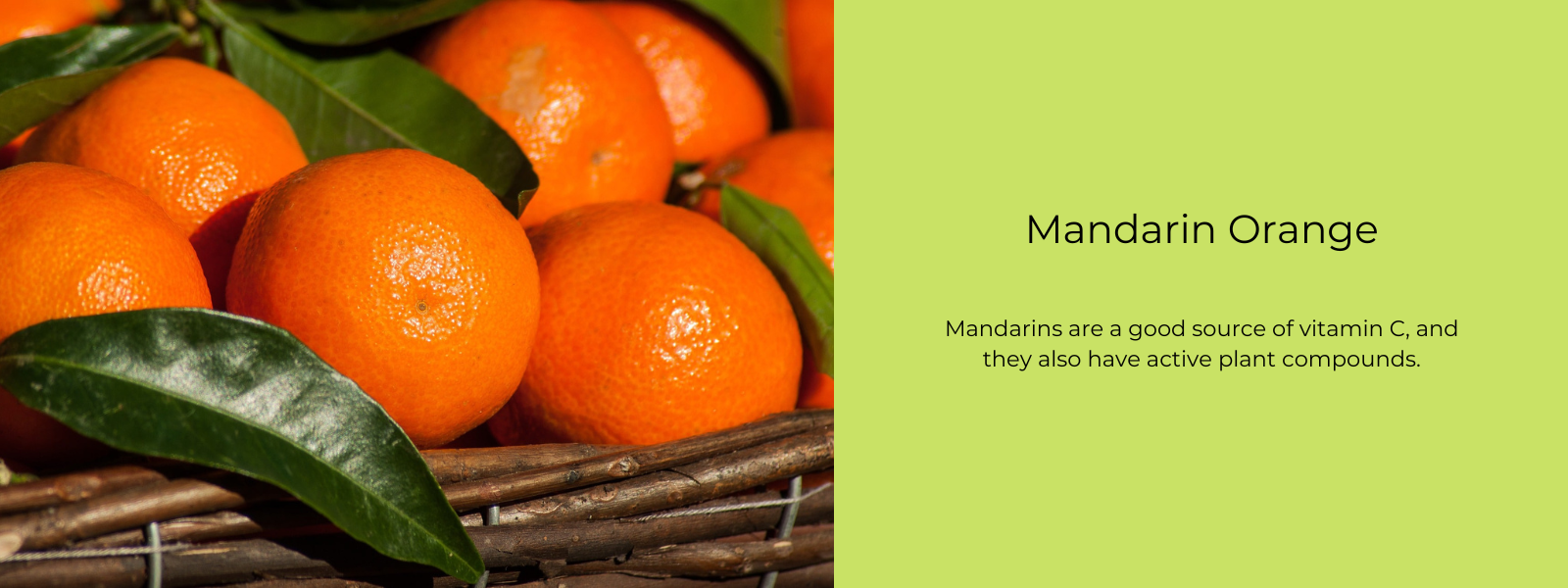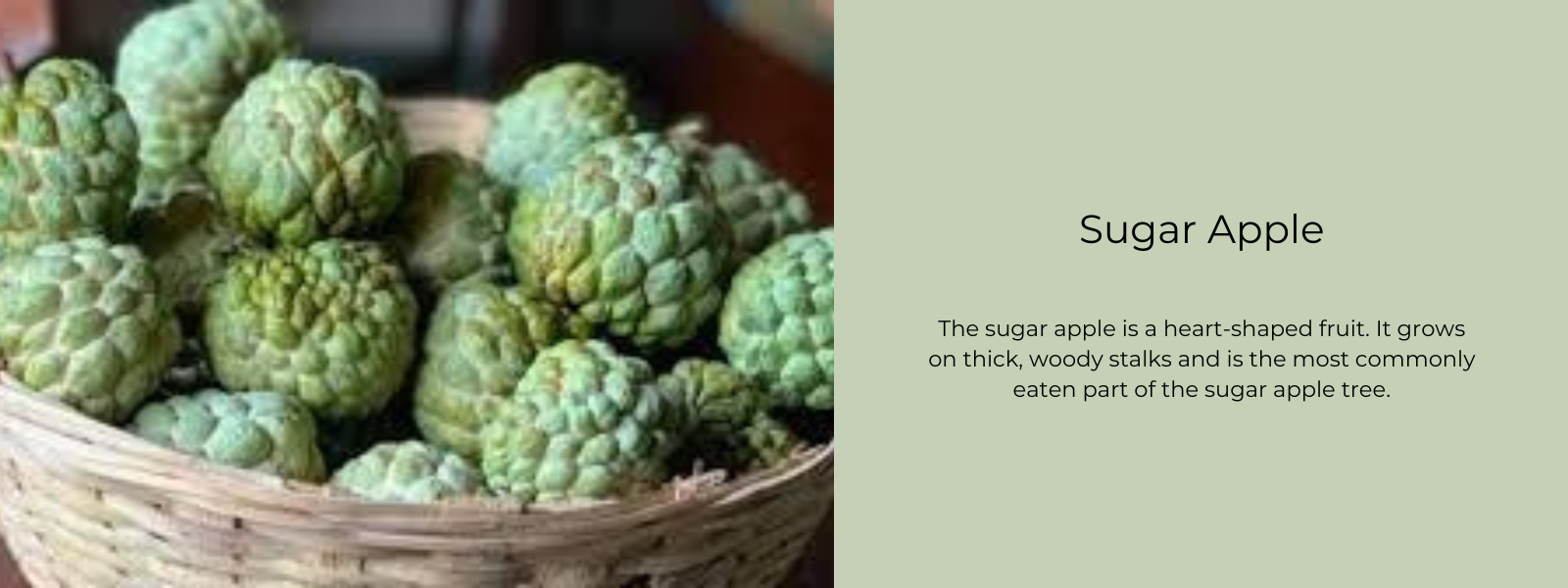Kudampuli, also known as Malabar tamarind or Garcinia cambogia, is a tropical fruit widely used in South Indian and Sri Lankan cuisines for its tangy flavor. Beyond its culinary applications, Kudampuli is revered for its remarkable health benefits, including aiding digestion, promoting weight loss, and supporting heart health. Packed with hydroxycitric acid (HCA), antioxidants, and other essential nutrients, this unique fruit has gained popularity for its medicinal properties and role in traditional remedies.
Table of Contents
What is kudampuli?
Kudampuli, also known as Malabar Tamarind, is a fascinating fruit that resembles a small pumpkin and varies in color from green to pale yellow. Scientifically known as Garcinia cambogia, this fruit is celebrated for its numerous health and medicinal benefits. It is primarily cultivated in Southeast Asia, India, and Africa.
Different parts of the fruit, including its extracts, are used for culinary purposes and traditional medicine. Kudampuli has been a staple in many cultures for its ability to add unique flavors to dishes while also being a remedy for various ailments.
Typically, the fruit is dried before use, turning almost black in color. Its distinct sharp, sour taste makes it a popular ingredient in many regional cuisines.
How is kudampuli dried?
The thick outer skin is dried in the sun until it loses most of its moisture. It is then smoked until it turns black and is spread out on coconut husk. Then the fruits are rubbed with salt and oil and put into earthen pots. Like regular tamarind, kudumpuli lasts longer at room temperature, but since it is smoked, you should always wash it well before using to get rid of any dirt.
Health benefits of kudampuli:
Anti-Inflammatory Properties
Kudampuli is known for its powerful anti-inflammatory properties, making it particularly beneficial for individuals suffering from inflammatory bowel diseases. Regular consumption can help reduce inflammation and provide protection to the stomach lining, improving overall digestive health.
Treats Gastric Ulcers
Traditionally, Kudampuli has been used to treat gastric ulcers effectively. If you suffer from stomach ulcers, replacing regular tamarind with Kudampuli may aid in healing and provide significant relief.
Antibacterial and Antiparasitic Effects
Kudampuli exhibits strong antibacterial and worm-killing properties. If you experience intestinal worms, drinking Kudampuli juice may help eliminate them and improve gut health.
Anti-Diabetic Properties
Kudampuli is beneficial for diabetics as it helps lower blood sugar levels. Both fresh and dried forms of this fruit contribute to better glucose regulation when consumed in moderation.
Supports Weight Loss
Kudampuli plays a role in weight management by inhibiting the enzyme citric acid lyase, which is responsible for converting carbohydrates into fat. Many companies sell pure Kudampuli extracts as weight-loss supplements, which are typically taken before meals to reduce hunger. However, it’s essential to thoroughly research and consult a healthcare professional before using Kudampuli supplements for weight loss.
Lowers Cholesterol
Kudampuli contributes to better cholesterol balance by lowering LDL (bad) cholesterol levels and raising HDL (good) cholesterol levels. This not only aids in weight management but also reduces the risk of high blood pressure, atherosclerosis, heart attacks, and strokes, while boosting energy levels for daily activities.
Circulon Enamel On Steel Whistling Tea Kettle 1.9 Liters, Navy
Ways to use kudmapuli:
- You can soak it in cold or warm water for a few minutes and then add the water to your dish. It will make your dish taste a little bit sour.
- Spices that have been soaked can also be used in fish curries. It makes the curry taste even more sour.
- If you want a strong flavour in your dish, you can add dried kudampuli right to it.
Conclusion:
Kudampuli is more than just a flavorful addition to meals; it is a powerhouse of health benefits. From aiding in weight management to improving digestion and reducing inflammation, its natural compounds make it a valuable ingredient for promoting overall well-being. Incorporating Kudampuli into your diet not only enhances the taste of your dishes but also supports a healthier lifestyle. This versatile fruit truly bridges the gap between traditional wisdom and modern health practices.












Leave a comment